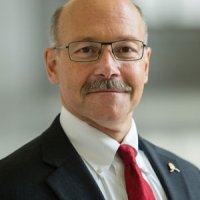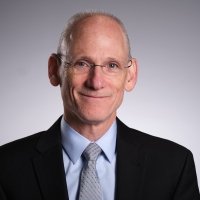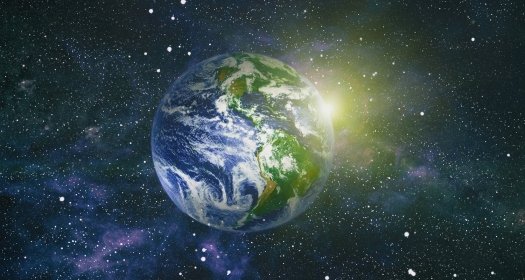Global Cooperation for the Environment: Policy, Technology, and Action
To celebrate 50 years since the founding of Earth Day, the Wilson Center invites you to join us for a reflection on global cooperation for the environment through the lens of policy, technology, and action. The world has changed from the first Earth Day, with landmark wins balanced by new challenges—ocean plastics, climate change, water insecurity—affecting environmental policy and action.
This is an opportunity for a global call to action, working across silos. Interdisciplinary collaboration and multi-sector partnerships can help us leverage science and technology to play a critical role in shaping the design and execution of public policy. In partnership with the Smithsonian Conservation Commons and the Earth Optimism Summit and leveraging initiatives such as the Wilson Center's collaboration around Earth Challenge 2020, we aim to elevate solutions-based, integrated approaches to tackling today's toughest environmental challenges. The result can be a more inclusive, resilient, and ultimately healthy environment and society.
About the Event
-
Complete Agenda
-
Speaker Quotes: Applying Innovation to Environmental Action
This event is in partnership with the Smithsonian’s Earth Optimism Summit 2020 on the 50th anniversary of Earth Day to share solutions, expertise, examples of positive conservation action. The Wilson Center joins hundreds of sister events happening throughout 2020 that will take this action-oriented narrative global and demonstrate that change is possible.
See the full scheduleEarth Challenge 2020 is the world’s largest ever coordinated citizen science campaign. The initiative integrates existing citizen science projects and builds capacity for new ones — all to grow citizen science worldwide. Using mobile technology and open citizen science data, Earth Challenge 2020 empowers people around the world to monitor and mitigate threats to environmental and human health in their communities. Download the Earth Challenge 2020 app today to get involved.
Get involvedIntroductions


Moderators

US Ambassador-at-Large for Arctic Affairs; Former Chair, US Arctic Research Commission

Panelists





Former Director of the Water Institute at the University of North Carolina

Hosted By

Science and Technology Innovation Program
The Science and Technology Innovation Program (STIP) serves as the bridge between technologists, policymakers, industry, and global stakeholders. Read more


Environmental Change and Security Program
The Environmental Change and Security Program (ECSP) explores the connections between environmental change, health, and population dynamics and their links to conflict, human insecurity, and foreign policy. Read more


Latin America Program
The Wilson Center’s prestigious Latin America Program provides non-partisan expertise to a broad community of decision makers in the United States and Latin America on critical policy issues facing the Hemisphere. The Program provides insightful and actionable research for policymakers, private sector leaders, journalists, and public intellectuals in the United States and Latin America. To bridge the gap between scholarship and policy action, it fosters new inquiry, sponsors high-level public and private meetings among multiple stakeholders, and explores policy options to improve outcomes for citizens throughout the Americas. Drawing on the Wilson Center’s strength as the nation’s key non-partisan policy forum, the Program serves as a trusted source of analysis and a vital point of contact between the worlds of scholarship and action. Read more


China Environment Forum
China’s global footprint isn’t just an economic one, it’s an environmental one. From BRI investments in Africa and Asia to its growing presence in Latin America, understanding China’s motivations, who stands to gain - and who stands to lose - is critical to informing smart US foreign policy. Read more


